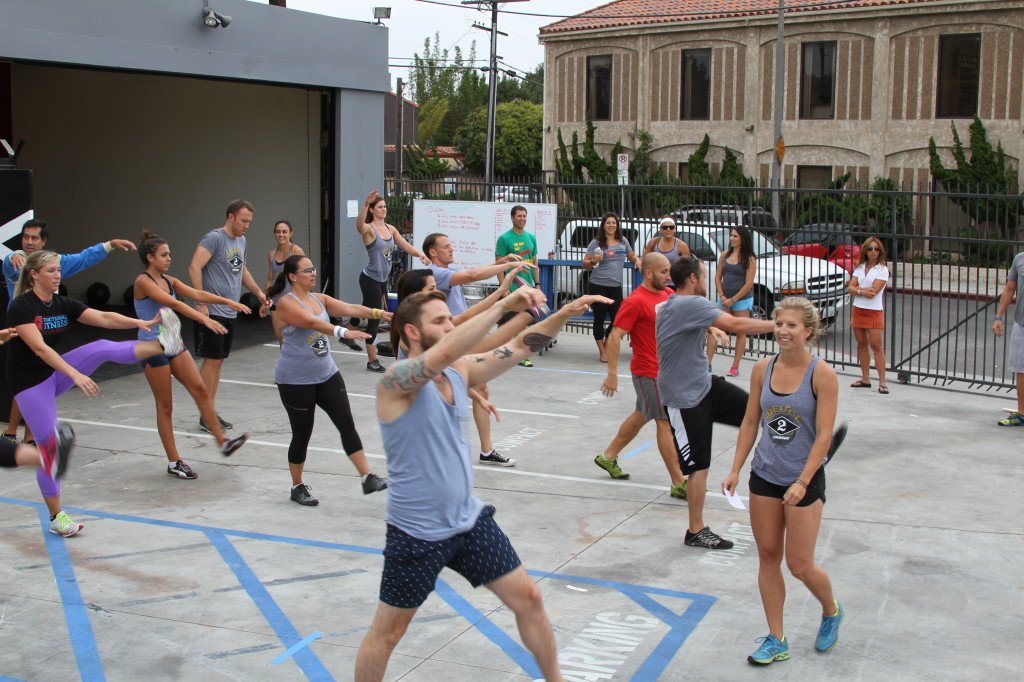As a strength and conditioning coach, I deal with people’s resistance to the ‘strength’ part of my job on a daily basis. It’s makes people uneasy, especially women. I’d say for as much as 50% of the population, people can support real fitness but only to a point. That point is often strength.
The stigma and resistance around “heavy weights,” lifting, and gaining strength is so strong that a large portion of the population is talking themselves out of arguably the most critical piece of fitness. For many, it feels dangerous, aesthetically unappealing, and even unhealthy. And, it’s a damn shame. To that 50% of the population, here’s what I’ll say:
Get over it.
- Strength is the most readily used fitness component in life. One’s ability to apply force is unavoidable throughout life. Furthermore, building maximal strength isn’t just important for people that need to use maximal output. Understanding that recruiting strength happens at any amount of force application, negates any worldview that says heavy weights are only for football players and physically demanding lifestyles.
- “Heavy” is relative. “Oh, I can’t do those heavy weights…” Maybe you’re right, you can’t do those heavy weights, but you’re in luck because weights come in all different sizes. Strength is relative and what’s heavy for you is just as critical as what’s heavy for me. It’s the pursuit of relative strength that’s important, not the pursuit of some external standard for strength.
- When it comes to strength and lifting weights, you have no choice. Lifting isn’t a mater of preference. Nature chooses the movements, and it’s moving heavy loads that build strength. Though some do enjoy powerlifting, building strength in that way isn’t a matter of opinion. Yoga, for example, can be your thing. You don’t need to like to back squat, but you don’t have much choice if building strength is your goal. The best ways to build strength require the heaviest relative loads moved, and the best ways to move the heaviest loads happen to involve a barbell and these familiar weightlifting and powerlifting movements.
I think as a population, we can benefit from some emotional separation. Liking or disliking something doesn’t change it, including weightlifting. Once we all can agree that we all ought to be strong men and women, we can begin to accept the relatively of need for weightlifting in our lives. Once we accept the need for weightlifting in our lives, we can get over how we feel about it, whether it’s fun or our style or enjoyable or not.
Logan Gelbrich
7/29/13 WOD
Complete the following for time:
5-4-3-2-1
Thrusters (155/115)
Over-the-Box Burpees
-Rest 1 minute-
Run 400m
-Rest 1 Minute-
Run 400m


